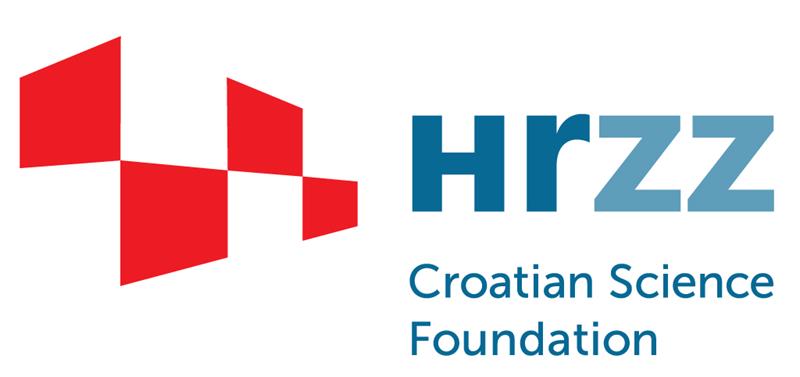ABOUT
Grant:
The research project “Epistemic Democracy in a Digital Era (EDDD)”, funded by the Croatian Science Foundation (HRZZ-IP-2024-05-4113).

About the project:
Digital technologies have a profound impact on democratic processes.
First, digital technologies shape the way citizens receive new information, how they evaluate that information, and how they form political judgments (Farkas and Schou 2019, Consentino 2020, Rhodes 2022). Second, digital technologies are changing how citizens’ political contributions are collected and organized, as well as how democratic decisions are made and approved (Verhulst et al. 2019, de Fine Licht and de Fine Licht 2020, Busuioc 2020, Coeckelbergh 2022).
However, the current state of research on the impact of digital technology on democracy lacks a clear, robust, and comprehensive conceptual and evaluative framework for assessing the epistemic aspects of these effects.
This project addresses the impact of digital technologies on the epistemic aspect of the political legitimacy of democratic procedures. Based on the standard account of epistemic democracy (Estlund 2008, Cerovac 2020), the project supports the idea that the legitimacy of democratic decision-making rests on two pillars: treating all citizens as equals (the moral criterion) and the epistemic reliability and tendency of democratic procedures to produce correct, effective, and just political decisions (the epistemic criterion).
Digital technologies can affect democracy’s ability to meet either of these criteria, thereby undermining its capacity to make legitimate decisions. This project primarily focuses on the epistemic qualities of democracy and analyzes how digital technologies influence its instrumental epistemic value.